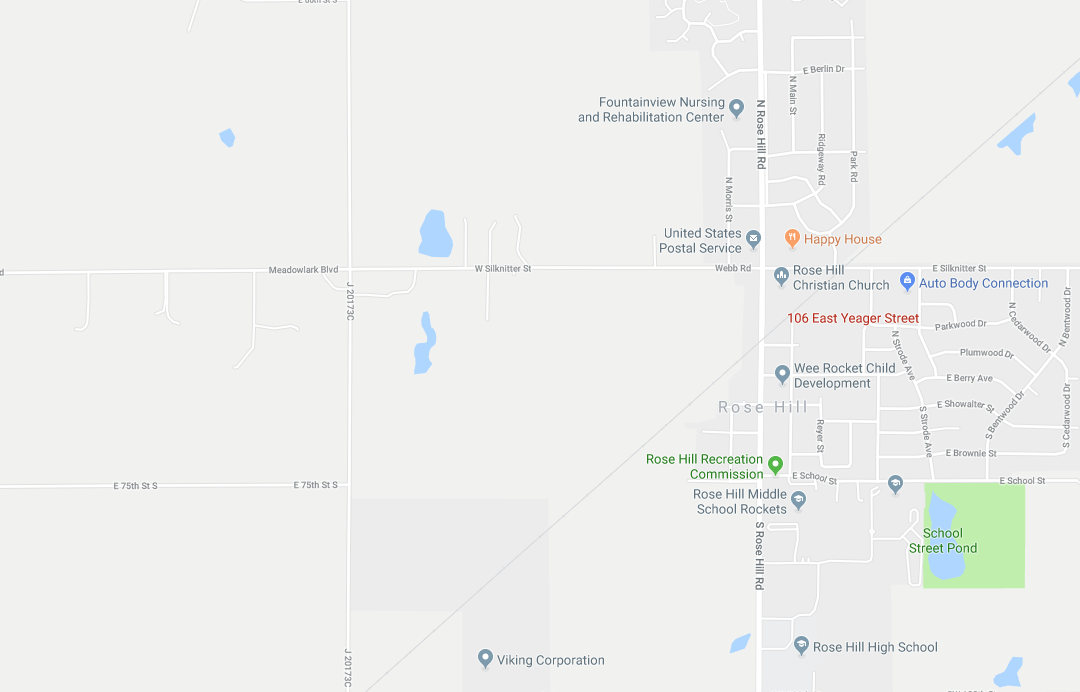Dental Exams and Cleanings
Preventing Problems Before They Start
The health of your teeth and mouth is very important to the well-being of your entire body, and while routine brushing and flossing at home is necessary to keep your smile looking its best, visiting your dentist for a comprehensive exam and cleaning is essential. The American Dental Association recommends that you visit your dentist every six months to ensure your teeth stay healthy and your smile stays beautiful.
By routinely seeing your dentist for exams and cleanings, you can:
- Prevent tooth decay, gum disease, and bad breath
- Save money by avoiding costly and extensive dental procedures
- Keep your teeth white by reducing staining from food and drinks
- Shorten the time spent in your dentist's office
- Have a smile that will last a lifetime
The Exam
During your exam, your dentist will thoroughly examine your teeth and gums for signs of tooth decay, gum disease, and other health problems. Your dentist may also want to take X-rays to see what is happening beneath the surface of your teeth and gums. Whether these X-rays are traditional or digital, the images provided will help your dentist discover dental issues not visible to the naked eye.
Professional Cleanings/Prophylaxis (Prophy)
Your dental hygienist will begin your cleaning by exploring the surface of your teeth to help the doctor determine if you have any cavities and to examine the quality of existing fillings. The dental hygienist will then perform a periodontal exam to make sure your gums adhere tightly to your teeth, and no periodontal disease or bone loss may be occurring.
Next, your hygienist will carefully clean your teeth with a variety of tools to remove any hard mineral buildup (tartar/calculus) from your teeth. Then your hygienist will floss your teeth, use a polishing compound, and apply fluoride (with consent). Cleanings usually aren't painful, but if you have any anxiety about your dental exam, be sure to let your hygienist know. They may offer several sedation options to ensure your comfort. If your dentist finds tooth decay or gum disease, they will talk to you about changing your brushing or flossing habits. In severe cases, they may recommend antibiotics or other dental treatments. If your teeth and gums appear to be healthy, your dentist will probably recommend that you continue your brushing and flossing routine as usual. This cleaning is reserved for individuals who have a healthy mouth and visit their dentist twice a year. They may have givngivitis, but no signs of periodontal disease.
Debridement
A debridement is a procedure that consists of removal of plaque and claculus in people with gingivitis or periodontal disease. This is generally needed for those who have avoided regular visits to the dentist. It provides better access and visibility for future diagnosis and to allow gum inflammation to settle down prior to further treatment.
Root Planning
Root planning is a treatment for periodontal disease. It is usually proceded by a debridement and sometimes referred to as a "deep cleaning".
Periodontal Maintenance
A periodntal maintenance is the treatment provided to individuals with periodontal disease. These individuals come every three months for cleanings (instead of every six months) to allow your dental team to properly monitor individuals periodontal disease.





